Some music earns its place in the hearts and minds of listeners by calm, gentle persuasion; some by fidelity to the text set within. Some music haunts us by creating a sonic world that evokes places beyond our imagination. Some music simply grabs us by the lapels and doesn’t let go until the last sound evaporates into a still room at its conclusion.
Each of the pieces on our Spring Concert program conveys something of the composers’ personalities in the way they set the texts before them. In the case of the Britten I wrote about below, there is the tension between innocence and worldliness that marks all of his compositions. In the case of the Bach (about which, along with the Paulus, I will write more soon), there is the fusion of irrepressible ebullience with total, unimpeachable compositional mastery. In the case of the Paulus, there is a kind of photorealistic text painting that demonstrates understated respect and affection for the past, coupled with a profound sense of hope for the future. In the Chichester Psalms, the musician many of his contemporaries knew as “Lennie” wins us over with exuberance and charm, a fine sense of melody and infectious rhythmic vitality
The Chichester Psalms, composed as the result of a commission by Walter Hussey for a choral festival at Chichester Cathedral. Our program annotator par excellence, Dr. Robin Leaver, points out in his brilliant notes that Hussey was responsible for commissioning the Britten in 1943, and, 22 years later, was the impetus for the Bernstein. Dr. Leaver lists the artists and musicians that Hussey commissioned during his long years of service to the church: Graham Sutherland, John Piper, Marc Chagall, Henry Moore and Eric Gill, Gerald Finzi, Michael Tippett, William Walton, Bernstein and Britten – talk about fantastic taste in art and music! Bernstein spent April and May of ’65 in Fairfield, Connecticut working on the Psalms, and premiered the work two weeks early on July 15th, in New York (the piece had it’s official premiere in Chichester on the 31st of the same month).
Fascinatingly, in contemplating the completion of the commission, Bernstein had done a survey of contemporary compositional practices, including the use of serialism and atonality, and apparently had demonstrated some interest in utilizing these approaches in the composition of the piece. This survey, coupled with a subtle suggestion from Hussey: “many of us would be delighted if there was a hint of West Side Story about the music” (how’s that for a gentle – or genteel – nudge?) seems to have sent Bernstein in the opposite direction, as he alludes in a poem published in the New York Times:
The Psalms are a simple and modest affair,
Tonal and tuneful and somewhat square,
Certain to sicken a stout John Cager
With its tonics and triads in E flat major.
As much as I am intrigued by the Second Viennese School (and hope The Choir will one day sing Schoenberg’s choral masterpiece, Friede auf Erden), I’m glad that Bernstein came to this more consonant conclusion, though it should be noted that he skirts the edges of tonality (or at least utilizes dissonance) in several moments of this piece, to great effect.
The Psalms begin with a big, lapel-grabbing clash of dissonance (and crash of the percussionist’s cymbal), as the choir, in Hebrew, lays out a theme that will be alluded to throughout the piece and reprised at the conclusion, though, in the end, it will be less brash and much, much more restful. On text translated as “Awake, psaltery and harp: I will rouse the dawn,” the choir begins a fabulous and exuberant musical journey in a most bracing fashion. Bernstein sets the words of Psalm 100 in an irrepressibly joyful way using melodies and harmonies that suggest Hebrew folk music, as well as some of his musical theatre pieces. We will be performing a version for reduced orchestration: organ, harp and percussion (I’m looking forward to seeing our timpanist, Chris Hanning, make use of a large battery of instruments for this piece, as well as the Paulus – prepare for some percussion acrobatics!).
In the second movement, a setting of the entirety of Psalm 23, with fragments from Psalm 2, we hear Bernstein at his eclectic best – what begins as a lovely solo for treble (in our case, one of the world’s finest countertenors, Daniel Taylor), continues as the women’s voices sing a beautiful canon that concludes as solo and choral voices unite in what sounds an awful lot like a love song from one of Bernstein’s musical theatre pieces. As they come to rest at what sounds like an ending, the men of the choir make some loud (and in the case of the tenors, high) exclamations. So begins the setting of the text from Psalm 4:
Why do the nations rage,
And the people imagine a vain thing?
The kings of the earth set themselves,
And the rulers take counsel together
Against the Lord and against His anointed.
Saying, let us break their bonds asunder,
And cast away their cords from us.
He that sitteth in the heavens
Shall laugh, and the Lord
Shall have them in derision!
At once, the idyl of the composer’s lovely setting of the 23rd Psalm gives way to an extremely fast murmuring of the Hebrew text in a way that seems to evoke Stravinsky’s highly rhythmic music (try saying, “Ul’umim yeh’gu rik” really fast, and you’ll know some of the challenge facing the male singers). Bernstein, ever the musical omnivore, then juxtaposes the men’s ferocity with a reprisal of the women’s lovely Psalm 23, with an instruction in the score to the trebles: blissfully unaware of threat. As we near the conclusion of the movement, the violent cloudburst seems to recede into the horizon, and the women and the soloist reprise the love theme, though, as they hold their last note, the murmuring of the men is echoed in the organ accompaniment, a kind of thunder in the distance.
The third movement incorporates all of Psalm 131, as well as the first verse of Psalm 133. It begins with great dissonance in the organ part, a kind of prelude to the rest of the movement that, again, recapitulates the original theme that began the piece. After the prelude, a restful, suplicatory section begins as the men of the choir sing the first few verses of Psalm 131:
Lord, Lord,
My heart is not haughty,
Nor mine eyes lofty,
Neither do I exercise myself
In great matters or in things
Too wonderful for me to understand.
This melody, itself, seems to look heavenward, with ascending intervals and long, held tones. The women of the choir then join the men in a canon, with both parts alternating between the melody, which, after an extended instrumental interlude, appears again as the choir sings on the vowel ah. The quartet of soloists takes over soon thereafter, in a kind of vocal cadenza, with the soprano making a chromatic ascent to a high g (undergirded by exquisitely dissonant harmony that resolves on the last note). The choir then begins a hushed, unaccompanied epilogue, almost chorale-like, with the final statement of the original theme on the beautiful words from the first verse of Psalm 133:
Behold how good,
And how pleasant it is,
For brethren to dwell
Together in unity.
Instruments and singers are reunited when the singers offer a gorgeous Amen on a unison note as the instruments offer one last statement of the original theme. There is something about the linking of the Hebrew text to modern music that connects our ancient past to the present in a way that seems especially vital and fresh today. The Choir has been working very hard on this piece – this will mark the first time we’ve sung in Hebrew together – and the beauty of this music has captured our imagination. We can’t wait for our audience to hear it!





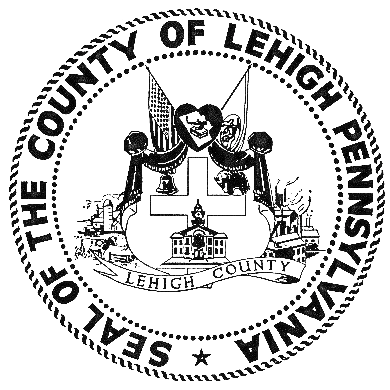
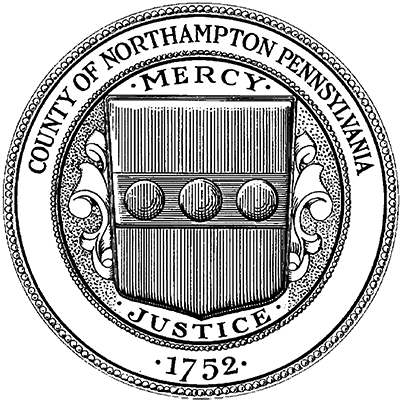








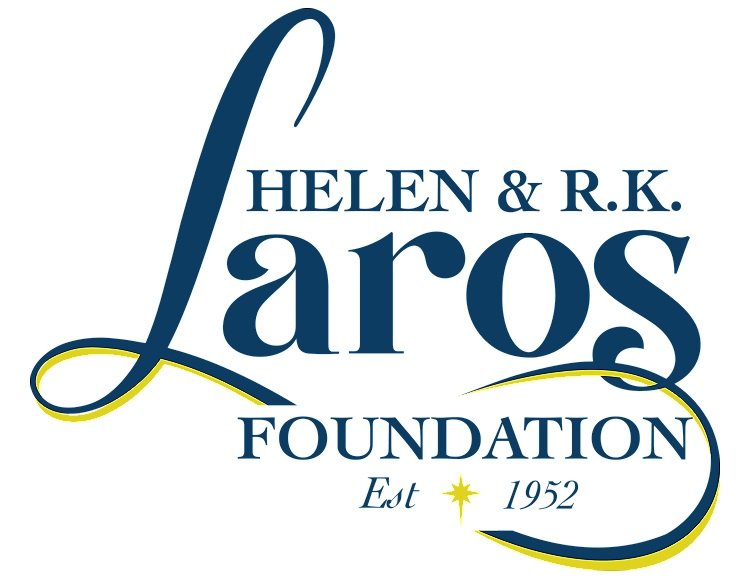
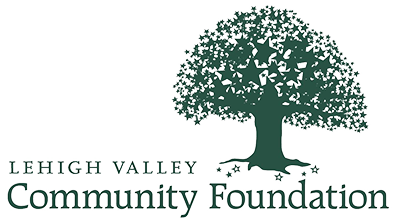


















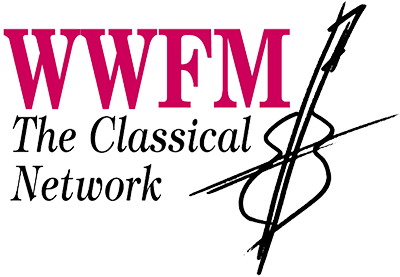



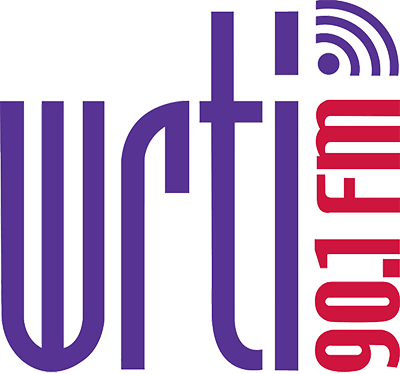



One thought on “Songs of Hope: Chichester Psalms”